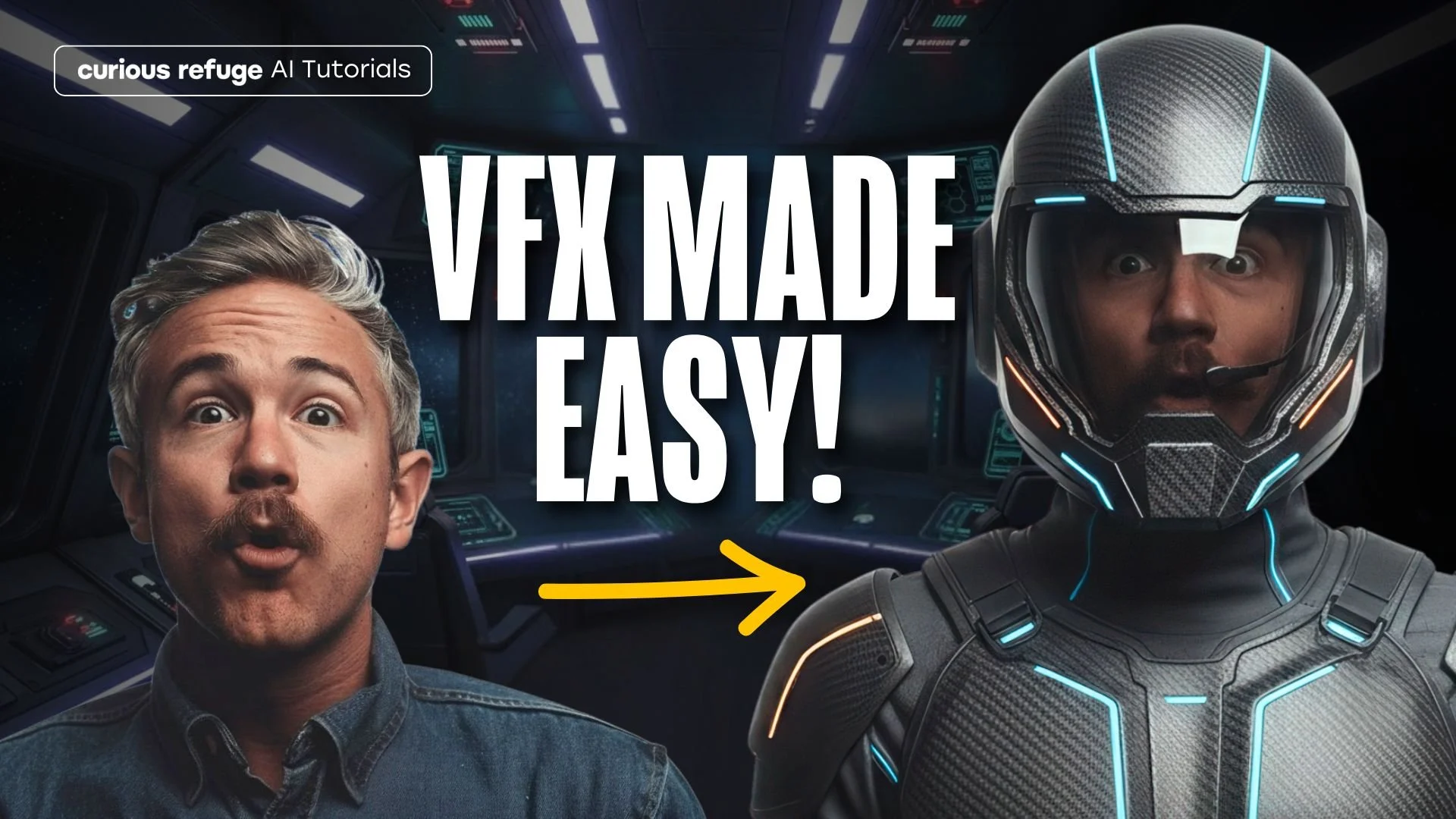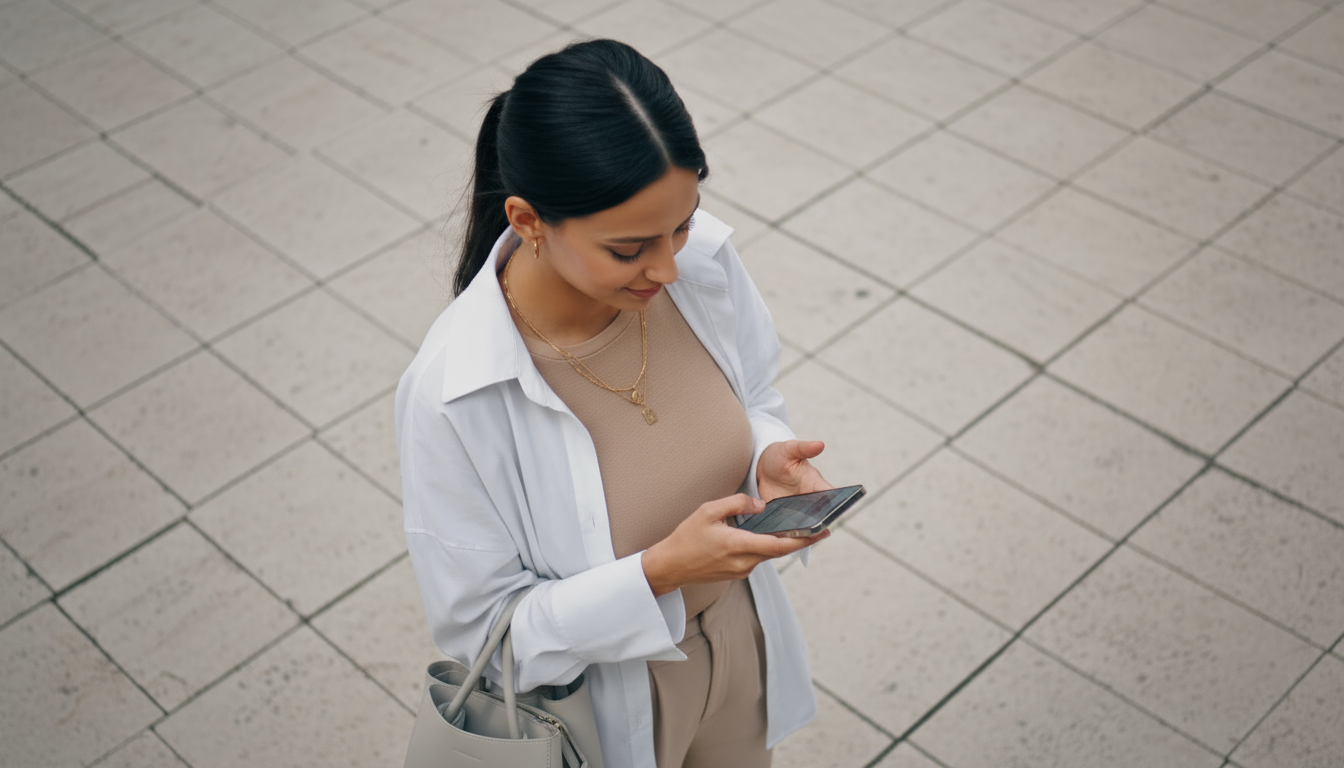7 Ways to Use Nano Banana for Filmmaking
In this article and video tutorial, I will show you Seven ways to use Nano Banana for Filmmaking.
Nano Banana didn’t get too much attention at first, but over time it has become the main topic of conversation in the AI tool world.
As an AI image editing tool, many write it off as not usable when it comes to filmmaking, but I would definitely argue against that. Nano Banana can be a spectacular tool for those working on films of all kinds.
Below is a breakdown of 7 ways to use Nano Banana for filmmaking.
How to Use Nano Banana for Filmmaking | Video Tutorial
Below is a video tutorial where I show you exactly how to use Nano Banana for VFX, Motion Graphics, and more!
7 Ways to Use Nano Banana for Filmmaking
Below is a full list of my favorite ways to use Nano Banana for Filmmaking. There are plenty of platforms to use Nano Banana, but Freepik is my favorite.
1. Simulate Realistic Crowds
With a lot of AI image or video tools, the crowds or audiences generated tend to look like a blob of nothing. Nano Banana does a great job generating audiences with great detail, setting up the AI video tools for success when animating.
Before
After
Traditionally, building crowds in Houdini or replicating extras in After Effects takes forever. With Nano Banana, all you have to do is export the first frame, edit it to add in the crowd, then you can run it through an Image generator, and you are set!
2. Replace Backgrounds
This one is definitely a rotoscoping workaround. If you don’t have the time, knowledge, or equipment to do this in a traditional way, using Nano Banana to put your character in a new setting could be super helpful and fast!
Similar to the first step, all you need to do is grab the first frame and prompt using nano banana for the scene you want.
As you can see in the example, the lighting didn’t match perfectly between subject and scene, but at the same time, the speed and believability of the result were impressive.
3. Change the Lighting of your Scene
This is an effect we first saw whenever Runway came out with their tool, Aleph. Even though Aleph edits your videos and Nano Banana is editing the image, it seems like Nano Banana actually does a better job at staying true to the original shot, while Aleph sometimes creates new characters.
Before
After
It’s as simple as uploading the first frame to Freepik and then prompting for your desired lighting or time of day. After that just run it through your favorite AI video generator and you are good to go!
4. Add Professional Visual Effects
When you combine Nano Banana with an AI Video feature like Kling’s start and end frames, you can do some phenomenal VFX work that is honestly pretty indistinguishable from traditional workflows.
Before
After
I used Nano Banana to edit the final frame where the man is wearing a mask. After that, I uploaded the first frame from the footage and the newly edited last frame (from Nano Banana), and utilized Kling’s Start and End frame, and I was super happy with the generation!
5. Generate New Camera Angles
This will be one of the most practical and helpful features of a tool like Nano Banana. It’s not flashy, but it has the potential to save a lot of productions.
Original Shot
Bird’s Eye View
Worm’s Eye View
Close Up
I generated different angles from this one starting video and was pretty pleased with the results. Nano Banana had the best outputs whenever I was more specific wth my prompting. It struggled a tad getting much closer than the original shot.
6. Stylized Motion Design
There are a lot of different ways to utilize Nano Banana for motion design. This example below is one that would have taken hours to do by hand inside of After Effects.
Before
After
Similar to the VFX example from number four, edit the final frame with Nano Banana, then you can use the start and end frame to get this smooth neon outline of the building!
7. Colorize Photos
Lastly, Nano Banan does a pretty decent job at colorizing old photos. The output did a great job at remaining true to the original image.
Before
After
Running this through the video generator did not impress as much, as video generators often struggle with animated things like film burns, but you could definitely get to where it is a phenomenal option when you want to recolorize videos.
Conclusion
Nano Banana is way more than just another image editor. This AI tool can be a massive help for Filmmakers looking to enhance their workflow and perform complicated VFX and filmmaking techniques with ease.
From VFX to motion graphics, and even restoring old footage. Nano Banana is a tool that deserves to be in your filmmaking workflow.
Learn to Use AI for VFX in Your Film
If you want to learn to utilize AI for VFX in your film, we would love to have you join our AI VFX course. This course is taught by the great D. Ryan Reeb, who’s worked on films like Thor: Ragnarok, Black Panther, and more!
Join the waitlist by filling out the form above. Lie I said, we would love to have you a part of the community, but no pressure at all!








